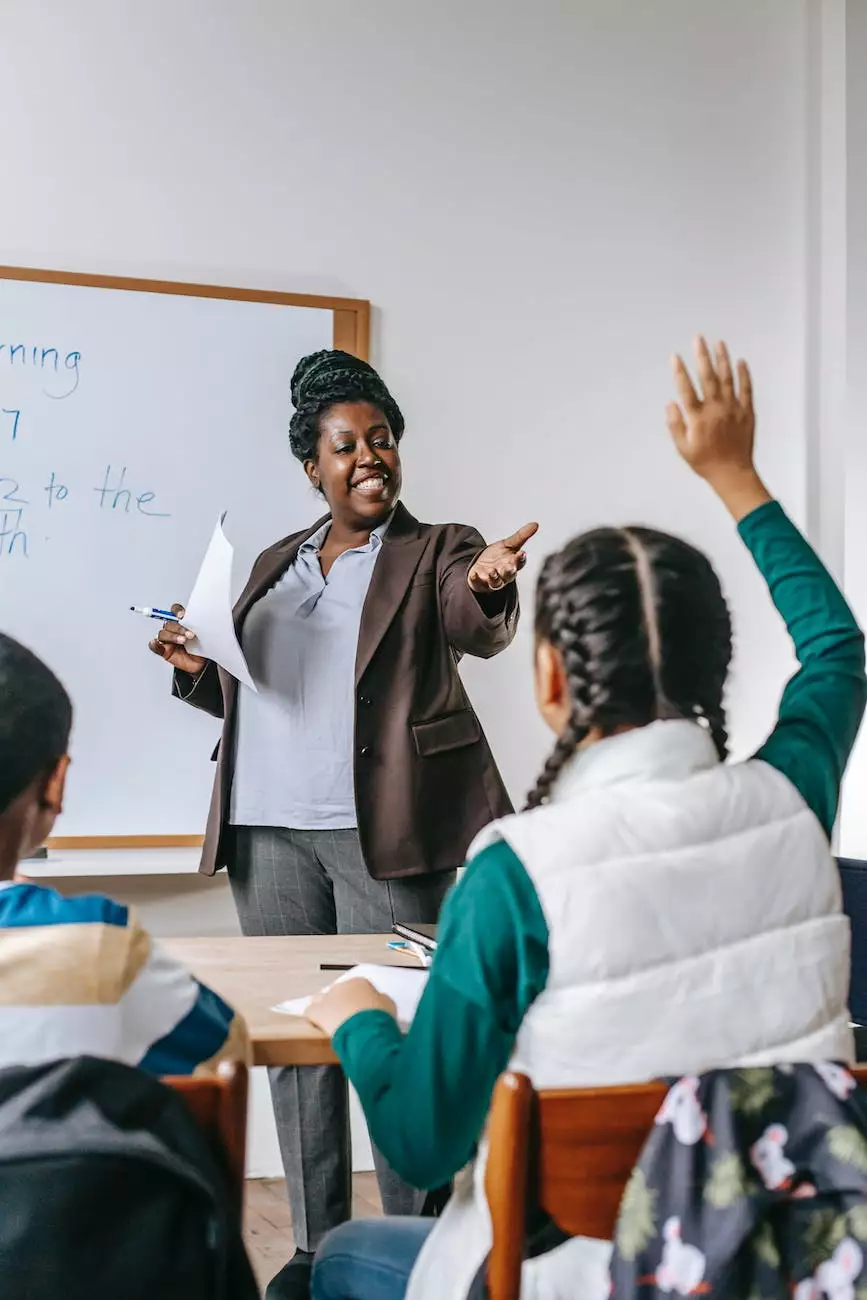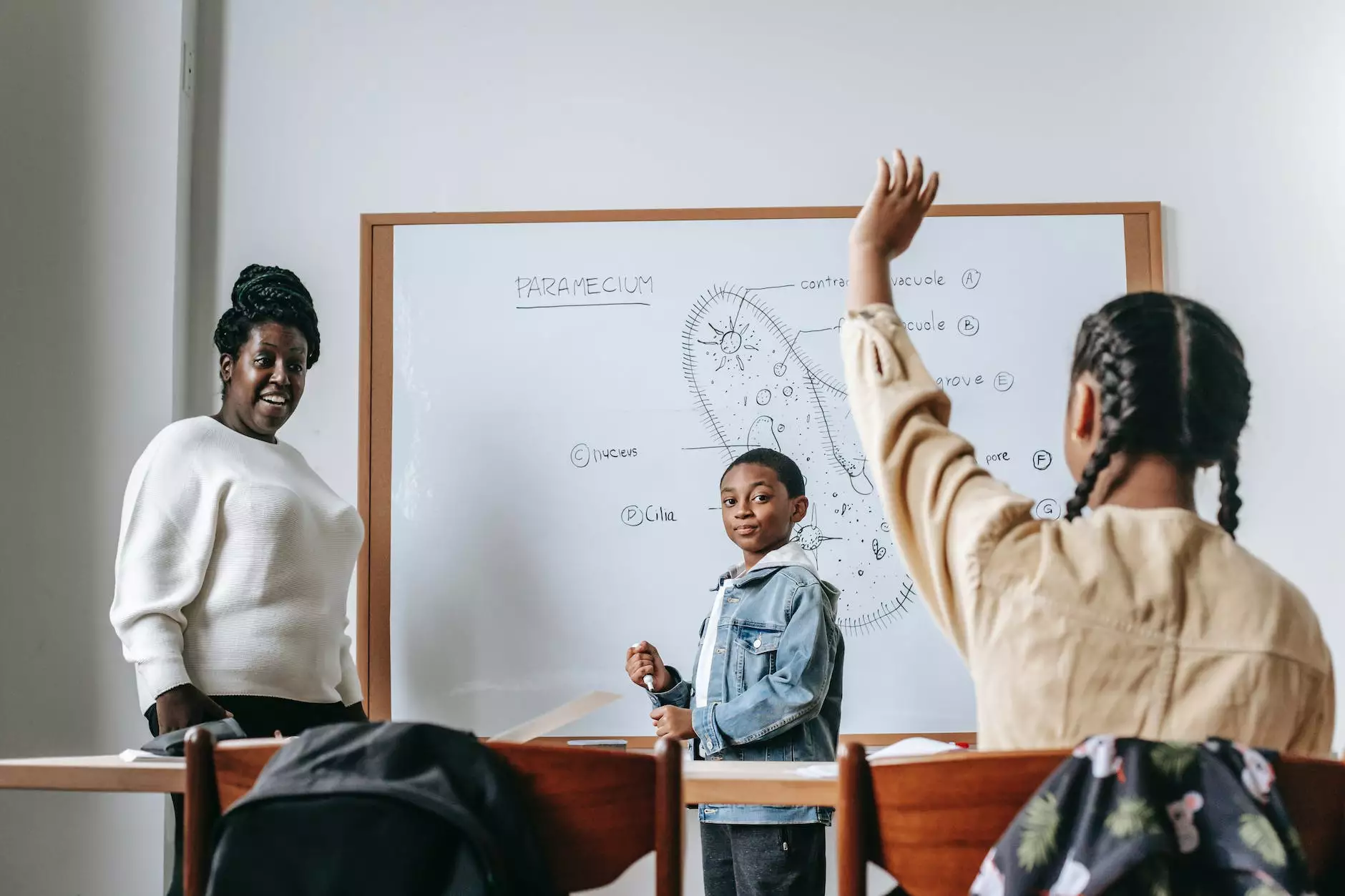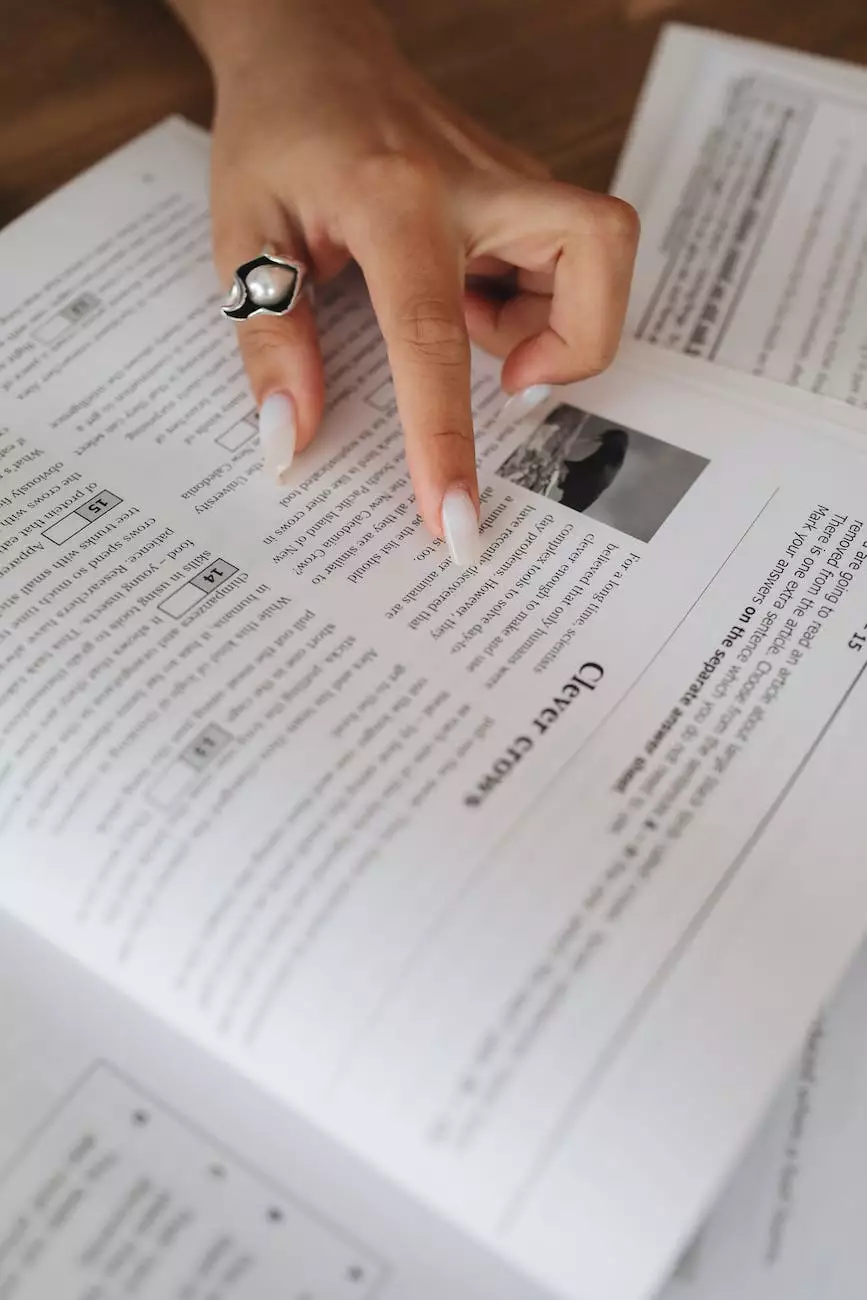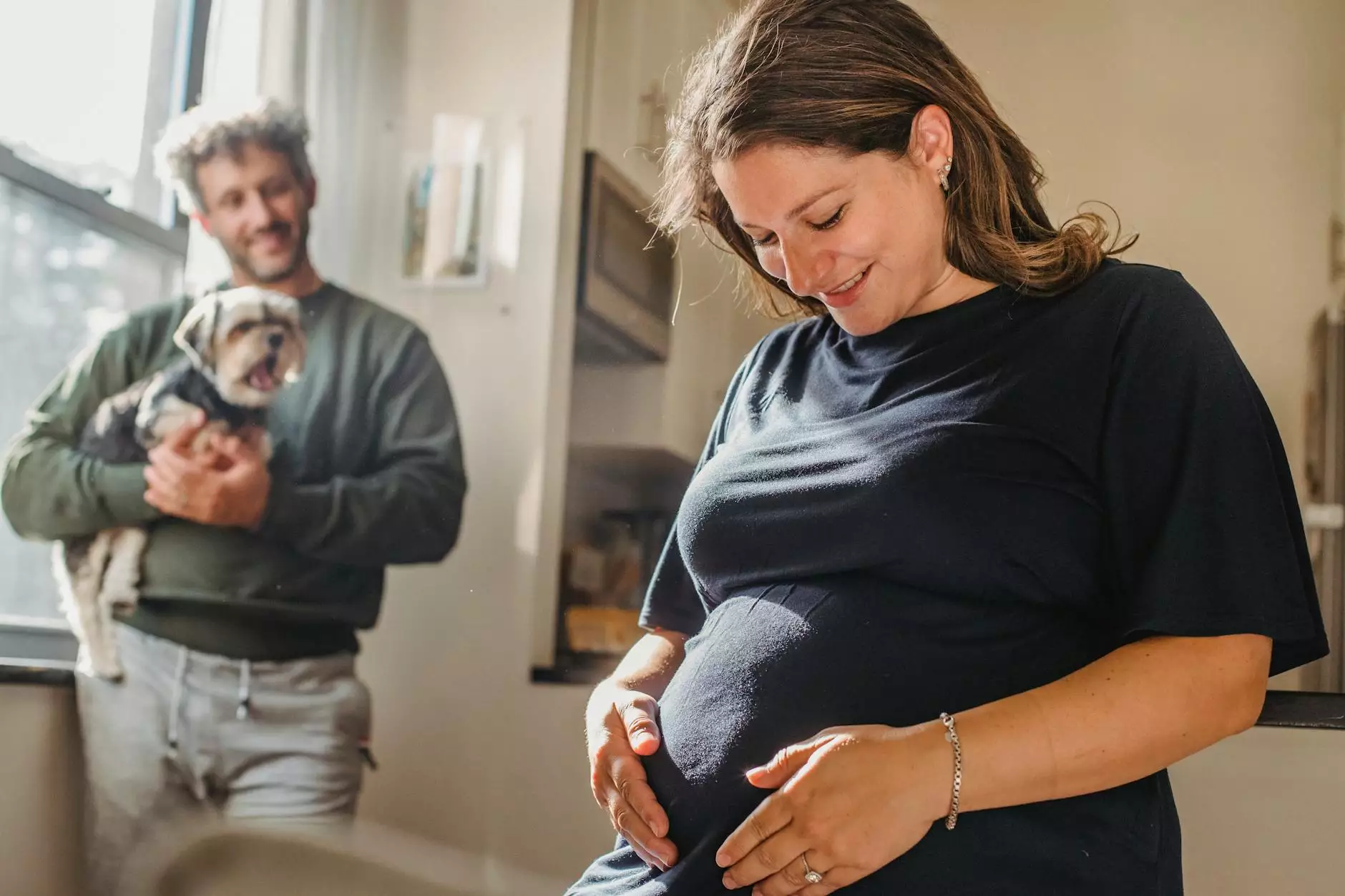89 – Saying Thank You! English Conversation Lesson
English Grammar Lessons
Welcome to our English conversation lesson on saying thank you! At NJCLT, we understand the importance of expressing gratitude in a variety of situations. In this lesson, we will explore different ways to say thank you in English and how it can help you improve your language proficiency.
Why Saying Thank You Matters
Expressing gratitude is not only a polite gesture but also a way to show appreciation and build stronger relationships. Whether you're interacting with native English speakers or using English in a professional setting, knowing how to say thank you effectively can make a positive impact.
The Power of Words
Words have the power to convey emotions and create a lasting impression. When you express gratitude, it not only makes the recipient feel appreciated but also helps foster a sense of connection and mutual respect. In English, there are numerous ways to convey your gratitude, allowing you to choose the most appropriate and heartfelt response.
Common Expressions
Let's delve into some common expressions of gratitude in English:
- Thank you - A simple yet powerful phrase that can be used in any situation to express your appreciation.
- Thanks a lot - This expression emphasizes a greater degree of gratitude and can be used for more significant gestures.
- Many thanks - A slightly formal way to say thank you, often used in professional settings.
- Appreciate it - An informal expression that conveys a sincere gratitude for someone's actions.
- I'm grateful - This phrase communicates a deep sense of appreciation and acknowledges the impact of the person's help or support.
Context Matters
Understanding the context in which you're expressing gratitude is crucial. Different situations may require different levels of formality or vary depending on your relationship with the person. Let's explore some scenarios:
1. Personal Expressions of Gratitude
When expressing gratitude to friends, family, or acquaintances, it's important to keep the tone friendly and heartfelt:
For example, when a friend helps you with something, you can say:
Hey John, thank you so much for helping me move last weekend. I couldn't have done it without you!
During informal occasions, you might say:
Thanks a bunch for inviting me to your party. I had a fantastic time!
2. Professional Expressions of Gratitude
In a professional setting, expressing gratitude is equally important. Here are a few examples:
When a colleague assists you with a project:
Hi Sarah, I want to express my sincere appreciation for your help with the presentation. Your insights and contributions were invaluable.
After receiving feedback or guidance from a supervisor:
Dear Mr. Johnson, I wanted to take a moment to thank you for your guidance during the project. Your expertise and support have been instrumental in its success.
Expanding Your Vocabulary
While the phrases mentioned above are common and useful, expanding your vocabulary will allow you to express gratitude more effectively. Here are a few additional phrases to consider:
- Thank you kindly - A polite way to show appreciation.
- I can't thank you enough - Emphasizes how grateful you are for someone's help or actions.
- I'm indebted to you - Expresses a profound sense of gratitude for someone's significant support or assistance.
- That means a lot to me - Conveys the emotional impact of someone's kindness.
- I'm so thankful for - Demonstrates a deep sense of gratitude for a particular action or favor.
Putting It Into Practice
Improving your English conversation skills involves putting theoretical knowledge into practice. Consider engaging in real-life conversations and consciously incorporating these expressions of gratitude. Whether you're thanking a friend, a colleague, or a stranger, the ability to express your appreciation in a clear and heartfelt manner will leave a lasting impression.
Conclusion
Expressing gratitude is an essential aspect of effective communication and building strong relationships. By incorporating various expressions of gratitude into your English conversations, you'll not only show respect and appreciation but also enhance your language proficiency. Remember, a simple "thank you" can go a long way!










